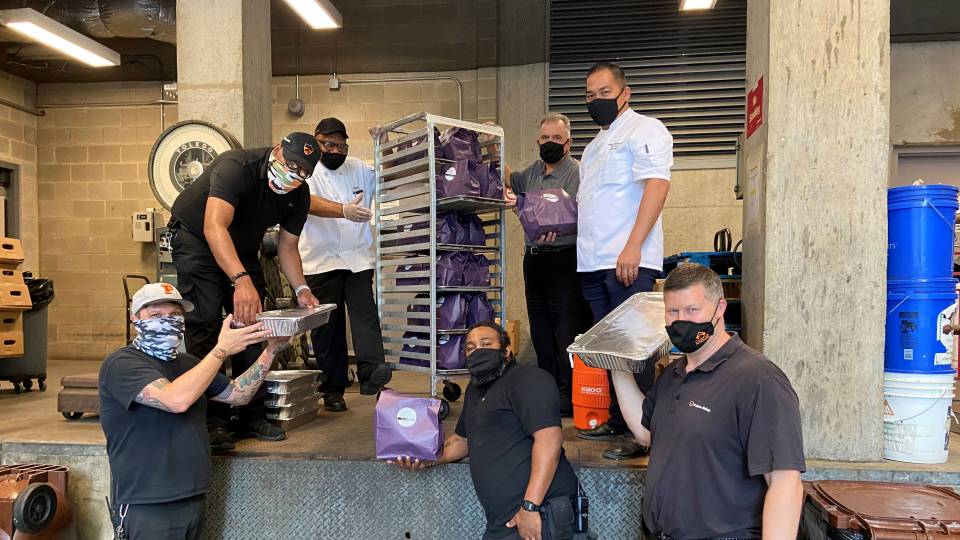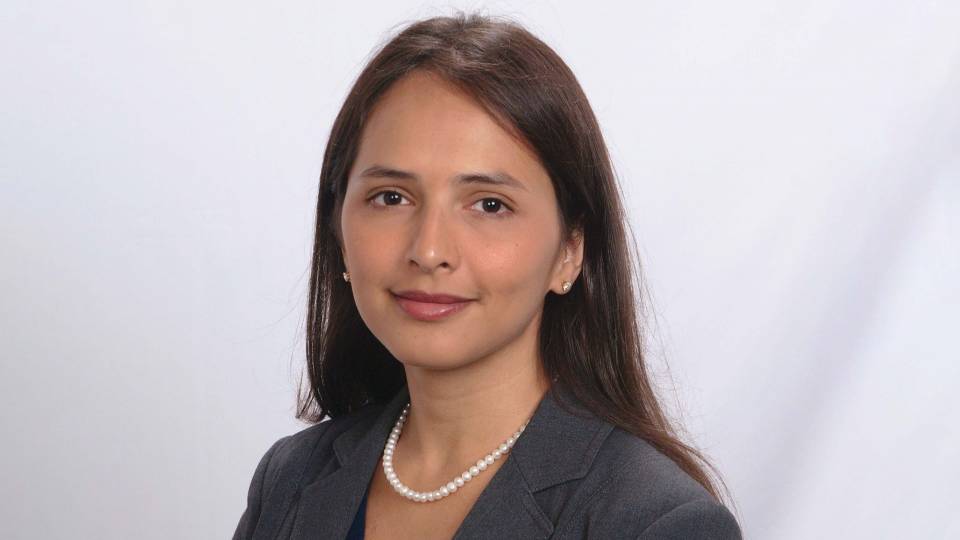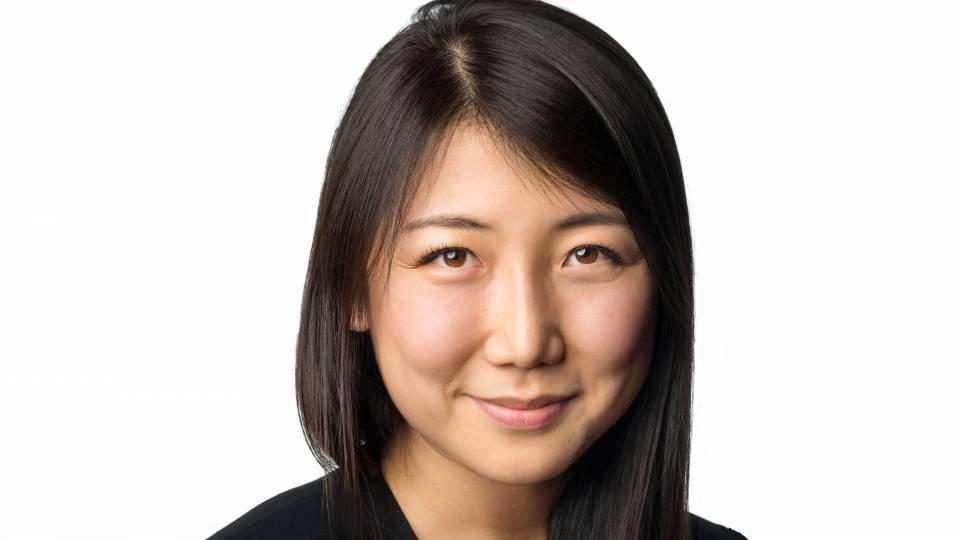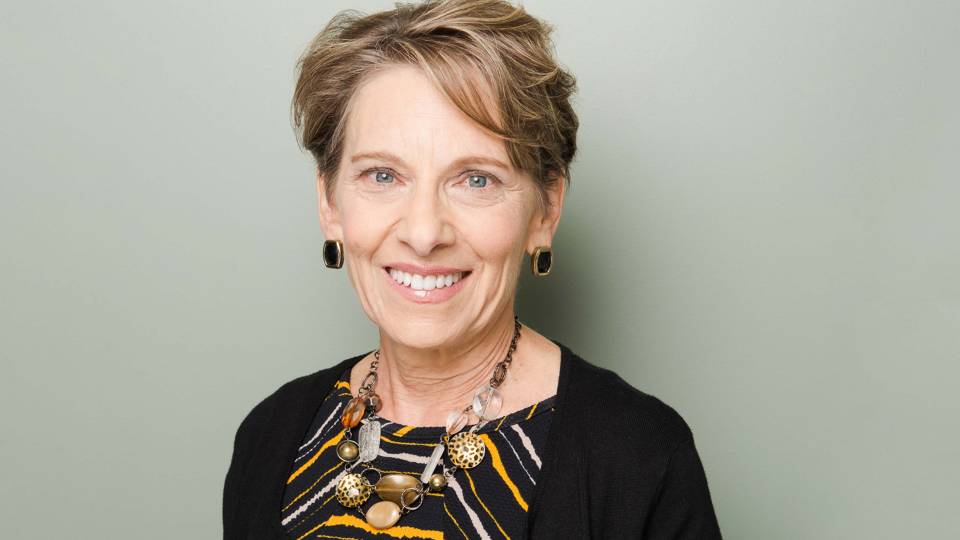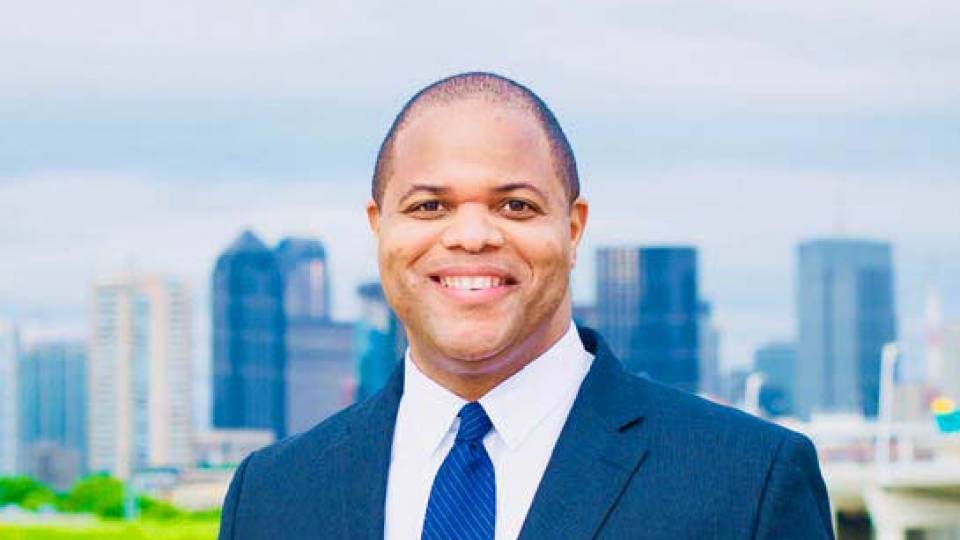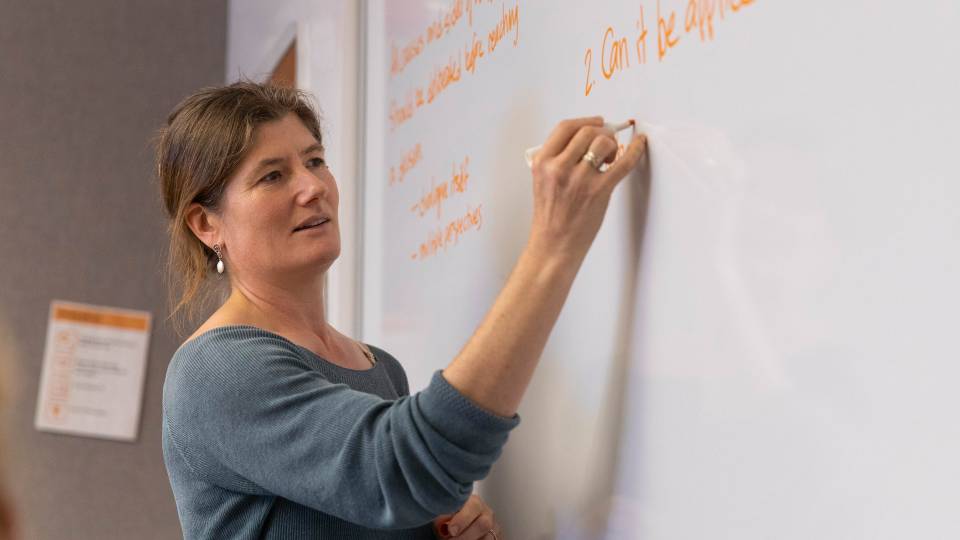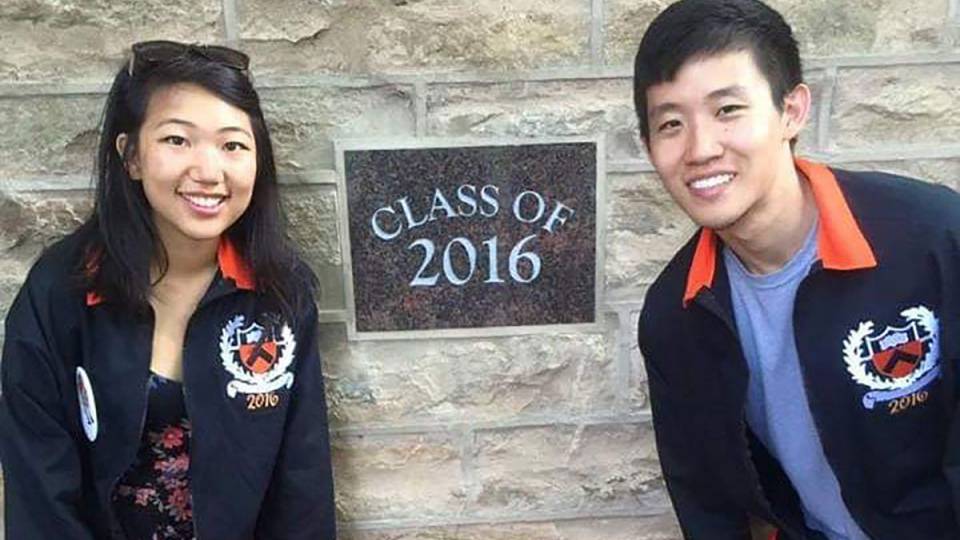On the latest episode of the “We Roar” podcast, Princeton senior Nicholas Johnson looks back at his education and experiences, and shares his pride at becoming the first black student to be named valedictorian in the University’s history.
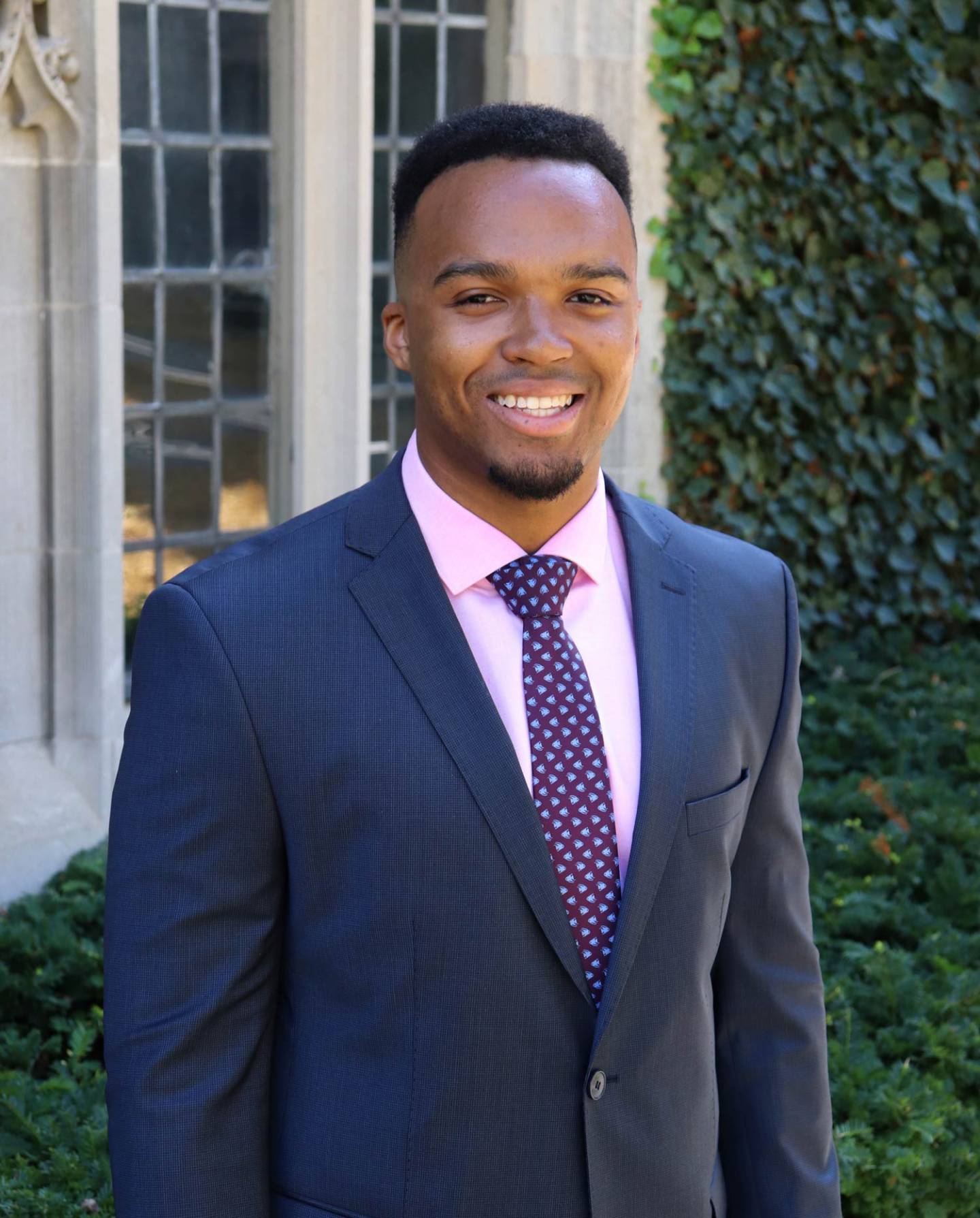
Nicholas Johnson, valedictorian of the Class of 2020, will give welcoming remarks at the Nov. 20 Forward Fest virtual event.
“I think to my parents and my grandparents, and all of the many influential black and African American individuals I've had in my life who've encouraged me to be my best self, be my truest self, not feel obliged to conform to the expectations that the world has of me, and feel a certain confidence in carving my own path,” he said. “And that guidance, those words, have truly pushed me over my time at Princeton.”
Johnson, an operations research and financial engineering concentrator from Montreal, was announced as valedictorian in April with Latin salutatorian Grace Sommers. He will speak at Princeton’s virtual Commencement on May 31. An in-person ceremony will be held in May 2021.
Johnson expressed his empathy for his 2020 classmates, whose studies and celebrations were disrupted this spring by the COVID-19 pandemic.
“The pandemic has impacted us, impacted myself, impacted my classmates, very significantly, in unprecedented ways,” he said. “Working from home to finish off our Princeton experience poses a unique set of challenges, particularly for students who don't have a supportive home environment or one that is not conducive to conducting Princeton's academic work. My heart especially goes out to all students who have lost loved ones to the pandemic.”
Preparing to graduate during the pandemic is challenging, Johnson said, and this moment in time will be a defining one for the Class of 2020.
“It's particularly difficult for seniors to come to terms with the fact that we're not able to spend the last few weeks of our Princeton experience — these weeks that we were looking forward to for several, for several months, for several years — spending time with our classmates and friends on campus, reminiscing about our favorite moments, and envisioning what our future might look like,” he said. “Nevertheless, I have been comforted to see that Princeton’s strong community has persisted despite our physical separation, and that this social distancing has not turned into social isolation.”
Enduring this time in history, Johnson said he and his classmates will likely be wiser and well prepared for future challenges.
“Life can be viewed as a series of challenges, a series of tasks that individuals face and that individuals can rarely predict,” he said. “And an individual's life and an individual's legacy is often defined by how they respond to those challenges, how they respond to these difficult times.”
Johnson called his Princeton experience “transformative.” He discovered his academic field — operations research and financial engineering — which he describes as “the study of how to make good decisions with limited information and with limited resources in uncertain environments.”
“That framework has a lot of very concrete applications that have been helping us react or respond to the COVID-19 pandemic,” he said.
His senior thesis explores a way to model a particular type of preventative health intervention — essentially a mentor-mentee relationship that encourages healthy behaviors — designed to curb obesity in Canada. His research, he said, can be applied to COVID-19.
“Social distancing is one of the best tools we currently have in our tool belt to reduce the spread of COVID-19,” he said. “Unfortunately, there are varying levels of adherence to strict social distancing. One could imagine creating a public health intervention designed to increase adherence to strict social distancing that involves pairing individuals who perhaps are more skeptical of the practice of social distancing with individuals who adhere to it more strictly.”
Johnson plans to spend this summer interning as a hybrid quantitative researcher and software developer at the D. E. Shaw Group before beginning Ph.D. studies in operations research at the Massachusetts Institute of Technology in fall 2020.
Johnson said he hopes to develop theory that unifies optimization and machine learning, and to contribute to building innovative, analytics-based organizations. He also is interested in developing technology policy designed to ensure that algorithmic advances occur equitably and work towards decreasing existing inequalities, rather than creating new ones or exacerbating existing ones.
As he says farewell to Princeton, Johnson recalled the many things that made his experience so meaningful, including friends, mentors and international travel experiences that allowed him to immerse himself in other cultures.
“I've had many of my views challenged,” he said. “And I think that coming out of Princeton, I have grown a significant amount. … I'm very grateful for Princeton.”
He credits his family and role models and mentors with giving him the support and drive to help him achieve.
“They motivated me when pursuing my academic courses, when pursuing my research experiences, and when making more significant decisions in my academic and professional future,” he said. “I realize that this is an incredible opportunity to continue to inspire black and African American individuals who will come after me and who might hope to follow a similar path.”
